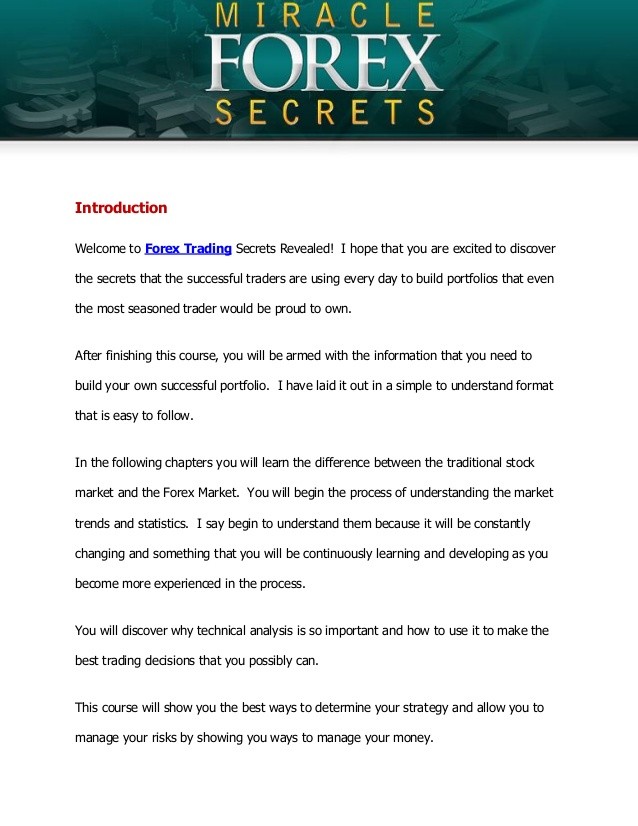An Introduction to Day Trading Forex Success Traders
Post on: 10 Апрель, 2015 No Comment

Day trading refers to the practice of trading or speculating on the financial markets within the time frame of a single day. Day traders can buy and sell financial instruments such as indices, currencies, shares and commodities or speculate on their price fluctuations.
The aim of day trading is to be in profit at the end of the trading period. However, this isn’t always possible. Sometimes you may have to close unprofitable trades in order to limit loss.
Day traders can engage in a range of different financial markets. Some of the most commonly traded markets include FX and shares. Day traders can speculate on stock indexes (such as the FTSE 100), particular currency pairs (such as the British Pound and the US Dollar) and individual commodities (such as gold or oil).
Although there is a wide range of day trading markets, it can be advisable to only trade a small number of them. Although day trading is restricted to a small time scale, this doesn’t mean that your potential profits or losses are necessarily limited as well.
Factors that affect whether your trade is profitable or sustains a loss may include how much you invest, whether your trade is leveraged. The movement of the underlying market. This means you should always consider how well you understand the market you’re engaging in.
You can learn about a financial market from the financial press, subscribing to online newsletters/trading updates, following the market in real time and/or by opening a demo trading account with companies like Financial Spreads and IG Index .
Demo trading accounts are useful because they often allow you to trade in real time without actual financial exposure. This means you can test your trading skills and insights without risking your capital.
Some traders prefer to trade futures markets. Futures markets can be based on a range of financial instruments, such as stocks, currencies or commodities.
A futures market is normally closed at a predefined time. For example, the FTSE 100 September future market might close on September 16. Therefore, in this example, a FTSE 100 September contract is based upon whether the index will close above or below a certain level on that specific date.
Profits/losses are found by taking the difference between the buying and selling price of the contract and then multiplying that by the trade size (less any fees or additional costs). Therefore if you’re speculating on a market to rise and the futures contract is closed for a lower price than what it was originally bought for, it results in a loss. Conversely, a profit is the result of a higher selling price that it was purchased for.
Most spread betting companies will offer futures contracts. The benefit here is that you don’t have to wait for the contract expiry date to close your trade. You can often close a futures spread bet before the official closing date. You might to this in order to lock in a profit or restrict your losses.
Trading charts are a commonly used tool to follow fluctuations in the market. Charts visualize past and present price movements. This can help day traders understand the overall trends of a market.
Prices that have been falling consistently over time. Example, may be judged to have reached their bottom or, alternatively, still have further to decrease. It should be remembered, of course, that only future price movements can be speculated on. There is no absolute guarantee that past price movements are an indicator of future trends.
Spread betting does involve a high degree of risk to your capital and can result in you losing more than your initial investment. Ensure that spread betting fits your investment requirements as it mightn’t be appropriate for all investors. Before making any trades, make sure that you’re fully aware of the risk. You should only speculate with money you can afford to lose. Request independent financial advice where appropriate.
Situated in the centre of London’s financial district, Daniel Jones is a seasoned spread betting professional and commentator on some of the leading financial spread betting sites.














